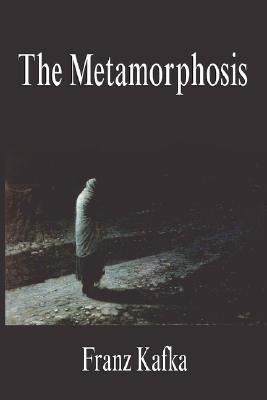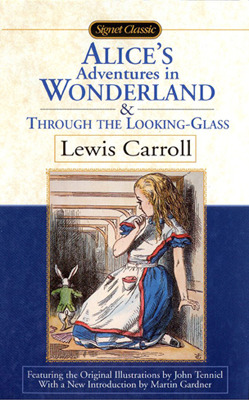 "As Gregor Samsa awoke one morning from uneasy dreams he found himself transformed in his bed into a gigantic insect. He was laying on his hard, as it were armor-plated, back and when he lifted his head a little he could see his domelike brown belly divided into stiff arched segments on top of which the bed quilt could hardly keep in position and was about to slide off completely. His numerous legs, which were pitifully thin compared to the rest of his bulk, waved helplessly before his eyes."
"As Gregor Samsa awoke one morning from uneasy dreams he found himself transformed in his bed into a gigantic insect. He was laying on his hard, as it were armor-plated, back and when he lifted his head a little he could see his domelike brown belly divided into stiff arched segments on top of which the bed quilt could hardly keep in position and was about to slide off completely. His numerous legs, which were pitifully thin compared to the rest of his bulk, waved helplessly before his eyes." When I first read this book in high school my impression of it was "What terrible drivel! And this guy is a literary heavyweight!?", which is just more proof that what is considered literature was not written for children and therefore children are not the best audience for these works. They're just not equipped to understand the nuances of the story and to read between the lines. Of course there's always the option that my teacher wasn't all that good or that I was a particularly dense teenager, but I prefer the first theory.
If you read up on Metamorphosis you'll see the opinion that Gregor's transformation into an insect was just a physical manifestation of what he already was. Another commonly-accepted view is that the more important metamorphosis was that of the Samsa family as a result of Gregor's transformation. These interpretations made me think about the significance of Gregor changing into a creature that is revolting, a creature the family tries to accept but at the end cannot, and I wonder, for what is that a metaphor? What kind of person is Kafka writing about, what is it about him that is so unacceptable to his family? There is a passage toward the beginning of the book that indicates that there's something wrong with the lower abdomen of the insect Gregor, that it's diseased in some way. Then toward the end there is a passage about Gregor wanting to kiss his sister's neck. Do these passages reveal something about the nature of this character that overnight makes him a pariah in his own family? I think they do, and maybe I'm over-thinking it, but when viewed through that prism the story makes more sense than when it's not.
I'm pleased to say that this re-reading confirmed for me that Kafka's work deserves every bit of its exalted reputation. He really was a master of weaving stories that feel very close when you read them, despite the fantastical nature. Reading this book you can see the Samsas' apartment, them, and their issues. You even somewhat understand why the family feel about Gregor the way they do, regardless of his present state. After all, you know the man who dreams about kissing his sister's neck was odd even before his transformation into a gigantic insect. In fact, Metamorphosis is full of such implied revelations, but you have to be paying attention to see them. I would definitely recommend reading closely to get the most of out this book, and indeed any other of Kafka's work, because it seems that the boldest ideas are the closest to the truth with this author. Just bear in mind that often his imagery is far from innocent.
I'm curious to read more of Kafka's work now and I'm fully prepared to take my time with every piece, because his writing is just not something you should breeze through. Should you decide to pick up anything he's written I recommend you prepare yourself to take your time as well.










